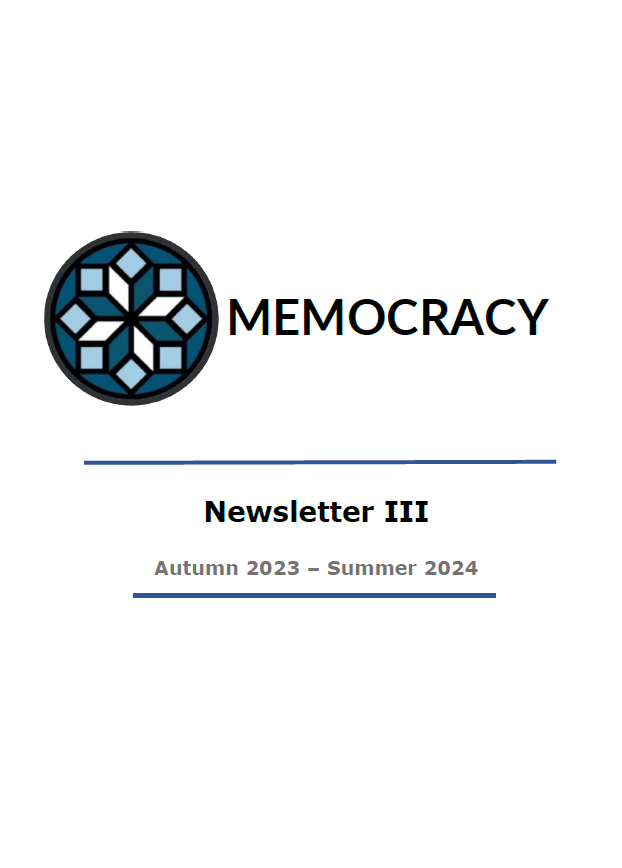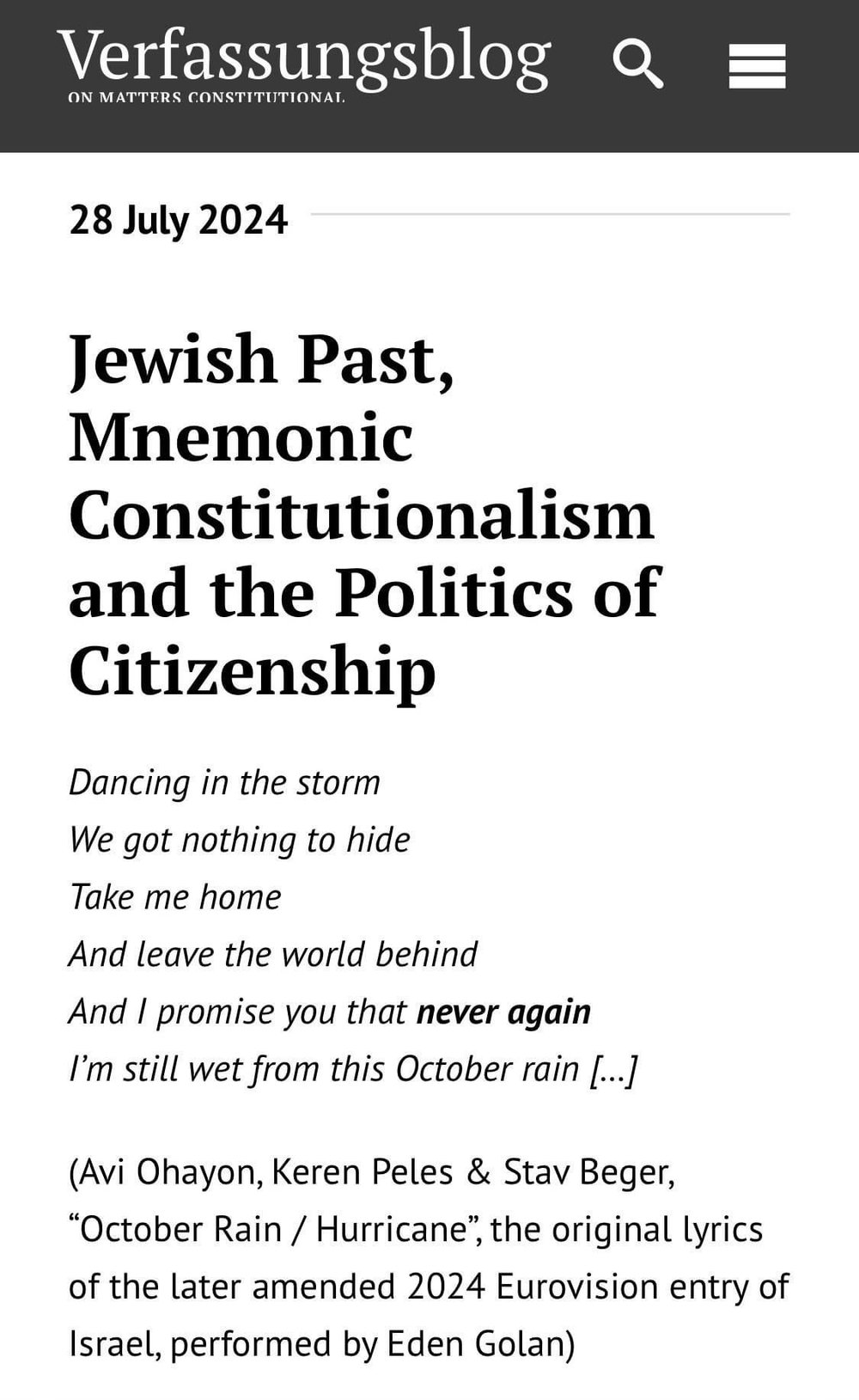Dr. Dovilė Sagatienė gave an interview for interdisciplinary web journal Visible Ukraine
In her recent interview to Dr. Dovilė Sagatienė delved into the questions of establishing transnational solidarities within democratization efforts, developing legislative frameworks for addressing historical responsibility, and strengthening connections between academia and decision-makers.
The link here: https://visibleukraine.org/story/legislating-memory-on-memory-governance-and-decision-making-amidst-the-war/



